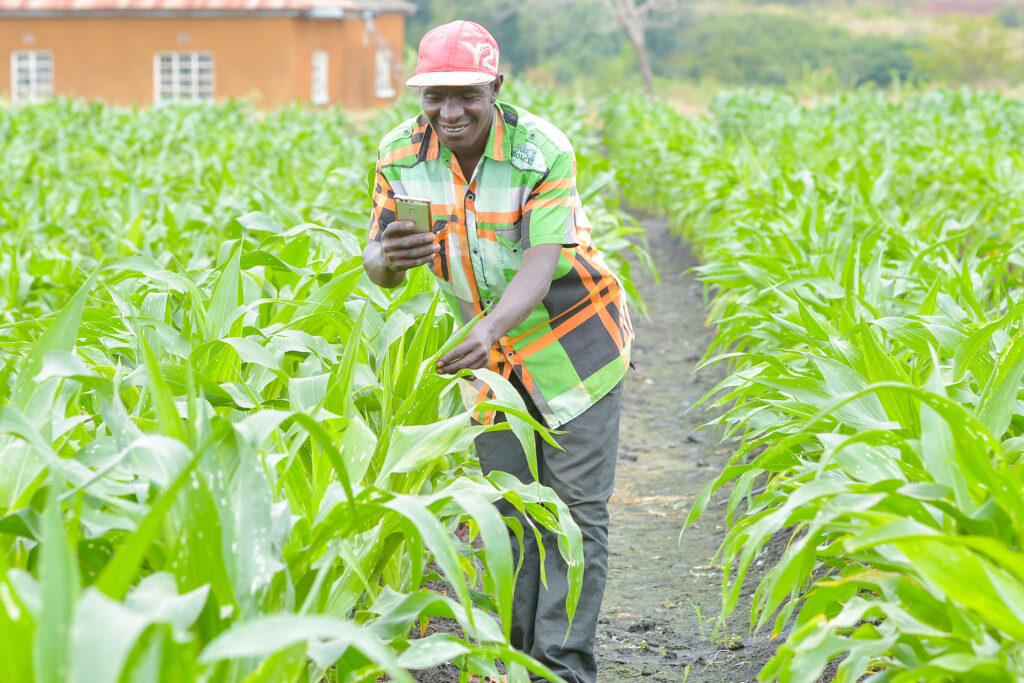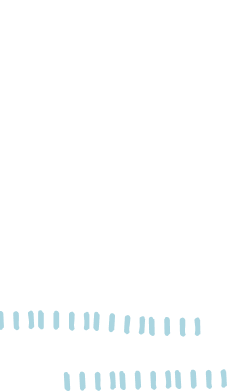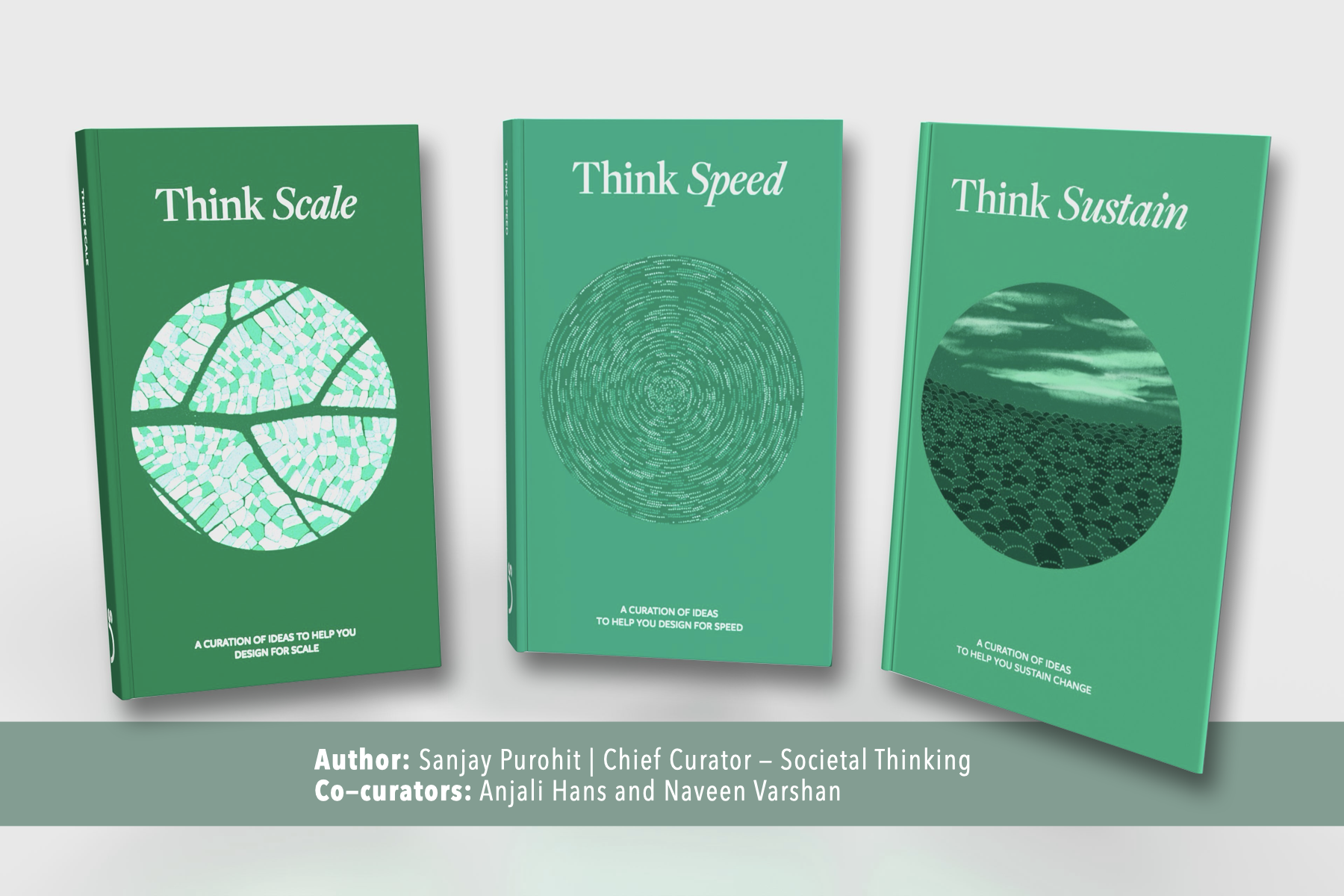Agriculture accounts for 35% of Africa’s GDP and employs more Africans than any other sector. 80% of the continent’s food supply still comes from small-scale farmers, many still practising subsistence agriculture. What if these farmers were correctly incentivised to increase their productivity? What if they could see their incomes substantially increase by connecting them with markets, inputs and finance? Could this be done, through a hybrid model of best-in-class technology and a local youth network?
We know people matter and are confident that empowering the right people with the correct mindset, skills, and technology can create a multiplier effect. This is where Kuza comes in. By leveraging a unique blend of technology and human interaction, Kuza aims to transform the agricultural landscape. We are a private company, a Bcorp, and a social enterprise, our name Kuza Biashara translates to help business grow (in Swahili).
At the heart of our model is the agripreneur, a rural youth. At Kuza, we arm the agripreneur with the Kuza platform and network of support, which includes vetted service providers, expert advisors, and markets. The Kuza platform offers digital tools for farm management, access to financial services, and real-time market information, ensuring farmers make informed decisions and optimize their operations. The agripreneurs then provide customized support to farmers, increasing their incomes whilst earning their own commissions!

Our numbers speak for themselves, through partnerships with the World Bank, World Food Programme, UNICEF, Heifer International, Yara, and over 27 governments we have supported:
- 1,200,000 farmers across Africa and Asia
- 50% of farmers increased incomes
- 5,000 agripreneurs
With success across 7 countries, 1.2 million farmers, and 5000+ agripreneurs in less than 7 years, these are significant achievements. However, how could we take this to 1 billion? How could we move faster? Ensure that the impact is sustainable long-term. This required a completely different way of thinking.
Unlearning Traditional Approaches
A few months ago, I was introduced to a new concept, Societal Thinking. What if there was a way in which we could completely reimagine the world, and transform society? At the heart of societal thinking were some key concepts. How can we change systems with speed, sustainability and scale?
Our introduction started with one simple image and a story by Sanjay Purohit, our mentor and guide, through the journey.
The image: the domino effect, showing the power of exponential change as change that leads to more and more rapid changes, and the story was of the widely used financial product in India – UPI (Unified Payments Interface).
How could we create this domino effect in the work we do? The first step to scale started with unlearning. The tried and tested advice is the Lean Model: try something, see if it works and then scale. But is that truly the way? If something works, does that mean it will work at scale? The first piece of unlearning to scale: move from: Scale what works: to what works at Scale? The idea, think scale from inception!
(re)Defining Kuza’s ambition
With these examples in mind, we began to think through our big question: What was the one thing that Kuza could do to solve one problem that would make other problems, easier or irrelevant?
To answer those questions, we had to understand the problem we were trying to solve through a lens of unlearning to scale. What did we want to achieve, what was our ultimate ambition? Was it about creating jobs for youth, food security, helping farmers, entrepreneurship or income? In the end, we kept returning to five keywords: orchestrate, ecosystem, entrepreneur, opportunities, and billion! From that, our ambition for the next 7 years crafted:
How can we orchestrate an ecosystem, and improve entrepreneurial opportunities such that 1 billion people can build and sustain dignified livelihoods?
As we begin to articulate our ambition, we are excited to join as a Journey Partner. Societal Thinking is helping us learn, reimagine and design for exponential change. We have chosen a difficult space and ambitious targets! Perhaps, we are naive but have the passion, energy and belief to make the world a better place and have found a like-minded co-traveller with Societal Thinking!
 Back
Back


